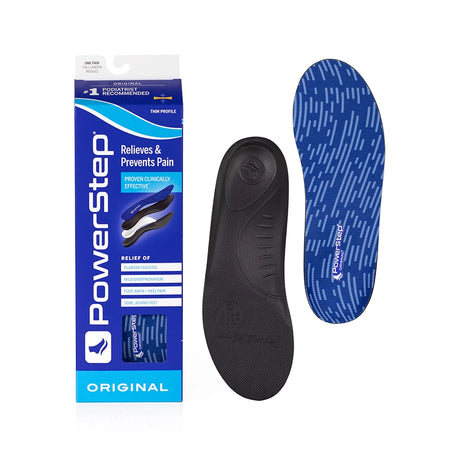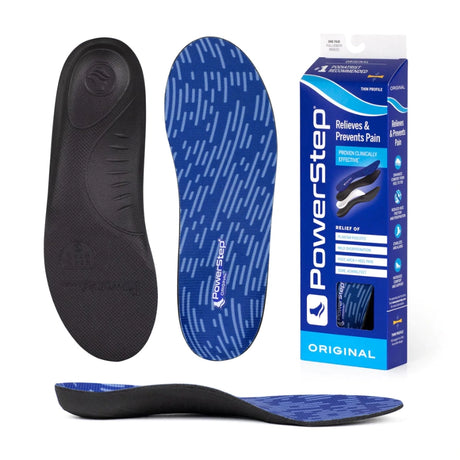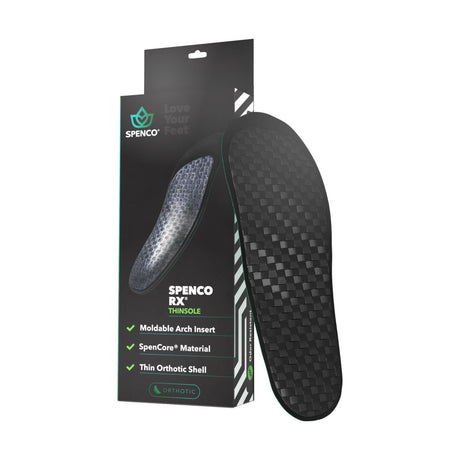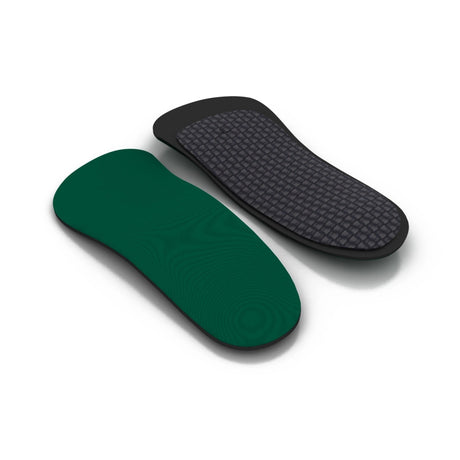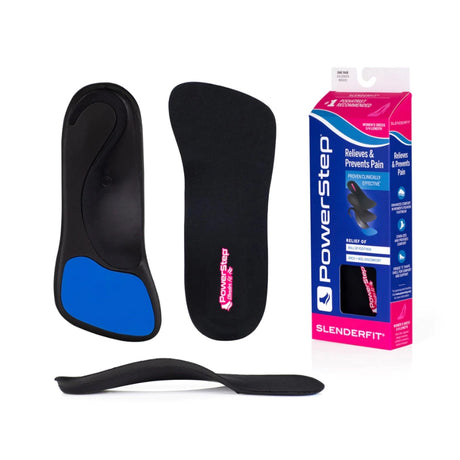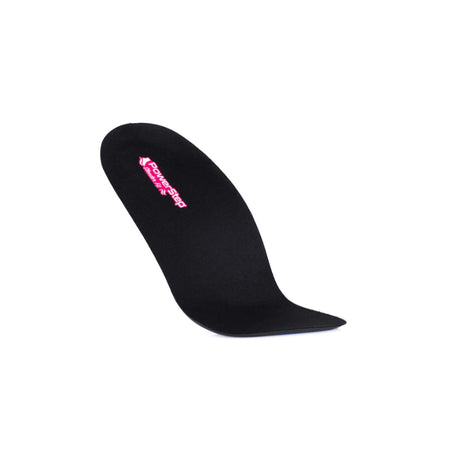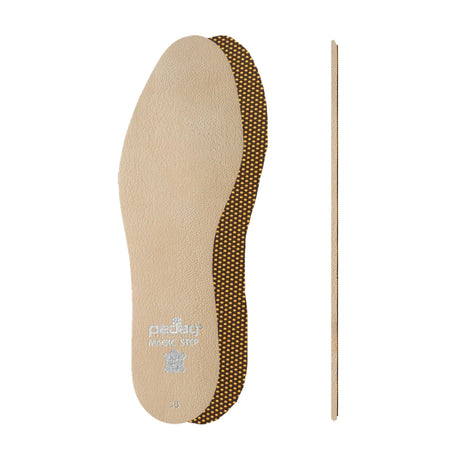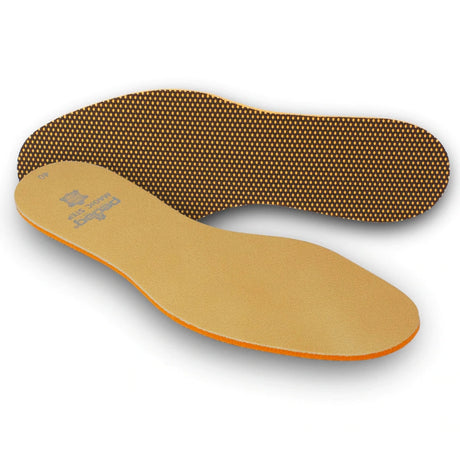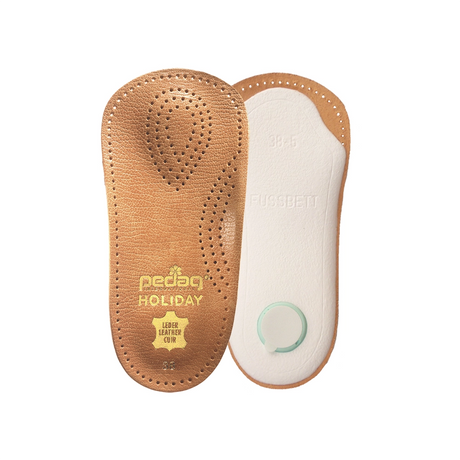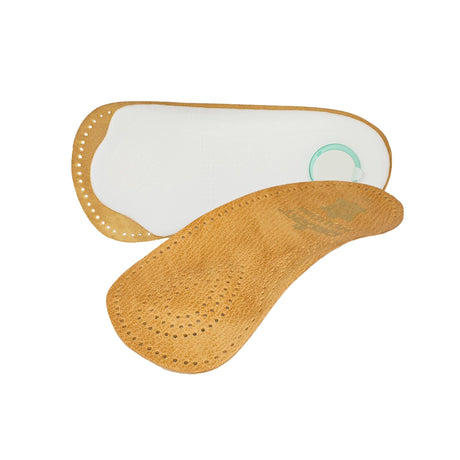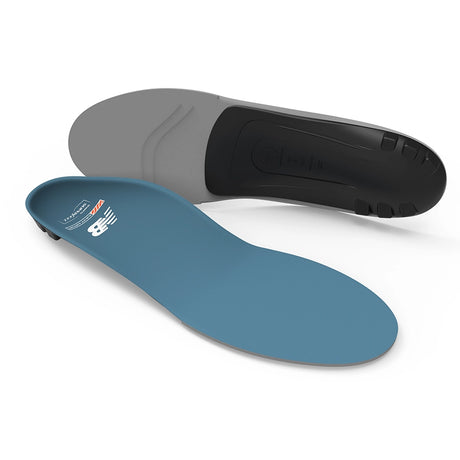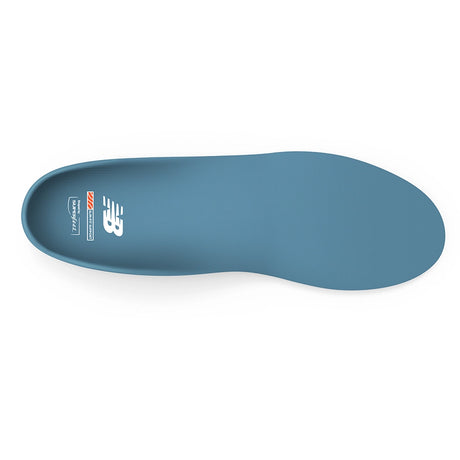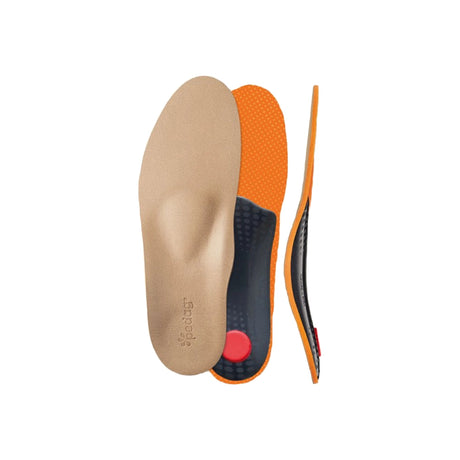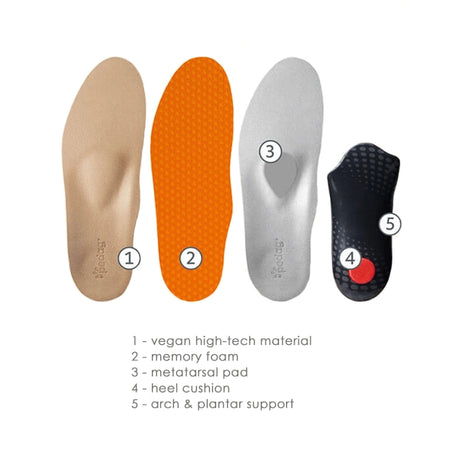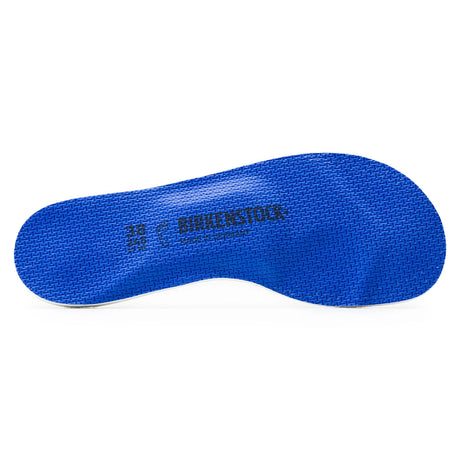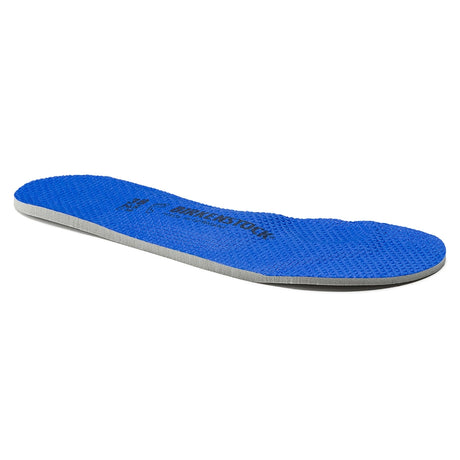Office & Dresswear
You're currently browsing our entire selection of products suitable for office & dresswear. Use the product filters below to narrow your selection, or contact us if you have any questions or for a recommendation.
Best for Office & Dresswear
Pedag Viva Orthotic Arch Support Insoles
PowerStep Original Orthotic Insoles
PowerStep SlenderFit Insoles
Soul Insole Shoe Bubble

Pedag Viva Orthotic Arch Support Insoles

PowerStep Original Orthotic Insoles

PowerStep SlenderFit Insoles

Soul Insole Shoe Bubble
Shop All for Office & Dresswear
Shop for:
Pedag Viva Orthotic Arch Support Insoles
From $39.99Unit price /UnavailablePowerStep Original Orthotic Insoles
$49.95Unit price /UnavailableSpenco RX Thinsole 3/4-Length Orthotic Arch Supports
$39.99Unit price /Unavailable- $49.95Unit price /Unavailable
- $19.00Unit price /Unavailable
Pedag Holiday Orthotic Arch Support Insole
$23.00Unit price /UnavailableNew Balance Slim-Fit Arch Support Insoles
$59.95Unit price /Unavailable- $29.99Unit price /Unavailable
- $29.99Unit price /Unavailable
Birkenstock Air Cushion Full-Length Insoles
$25.95Unit price /UnavailableSpenco Total Support Gel Insoles
$29.99Unit price /Unavailable- $46.00Unit price /Unavailable
What pain and discomfort is typically associated with office & formal wear?
For men and women, both formal and office attire tends to include footwear that can be tight-fitting, rigid, and overall rather uncomfortable compared to other types of footwear. For women in particular, high heels are notable for placing the foot in a position that doesn’t allow the foot to distribute pressure evenly at the best of times and can become uncomfortable rather quickly. In general, blisters are common with formal and office footwear, as are arch pain, foot fatigue, and heel pain.
What’s most important when looking to alleviate discomfort from office & formal wear?
Proper support for the foot is critical. Most dress shoes don’t include built-in support, and making sure that your foot gets the support it needs is essential to ensuring comfortable feet all day long. Additionally, ensuring that no part of your foot or ankle rubs against your footwear throughout the day or evening, which could lead to blisters, is important for ensuring happy feet. Ultimately, you should think about where your feet tend to hurt and why they hurt as a result, then you can decide what parts of your footwear need to be improved to help.
What makes an insole suitable for office & formal wear?
Generally speaking, the vast majority of formal footwear and office footwear does not include removable insoles. As a result, we tend to promote the usage of either ¾-length insoles – which will leave more room for your toes in your shoes – or insert pieces, which can add support and cushioning to a specific area of the foot without much bulk. For high heels, sandals, and other open-toed and/or open-backed formal footwear, even ¾-length insoles won’t work, so we always recommend insert pieces in these cases.
Other tips to prevent or alleviate discomfort from office & formal wear?
- Wear your shoes out on a quick errand or around the house for several hours prior to wearing them out to work or to an event, ideally not on the day of the event either. This will allow you time to see where the footwear is causing any discomfort and to plan accordingly.
- For all office and formal footwear, rubbing of the shoes against the foot may lead to blisters. This is easily prevented with the usage of shoe cushion pads and anti-slip grips, which can be placed inside the shoe wherever needed to prevent the shoe from slipping and rubbing the foot repeatedly.
- For high heels, we strongly urge the use of a high-heel insole. Because heels tend to keep the foot in a position where the foot cannot distribute pressure normally across the foot, the use of a high heel-specific insole – which is designed to fit in heels and be hidden when worn – will help supplement your foot support and pressure distribution.
- Where the factory insoles cannot be removed from a pair of office or dress wear shoes, stick with a ¾-length insole or insert pieces when the footwear has an enclosed back and toes; stick to insert pieces only when the footwear has an open back or toes.



